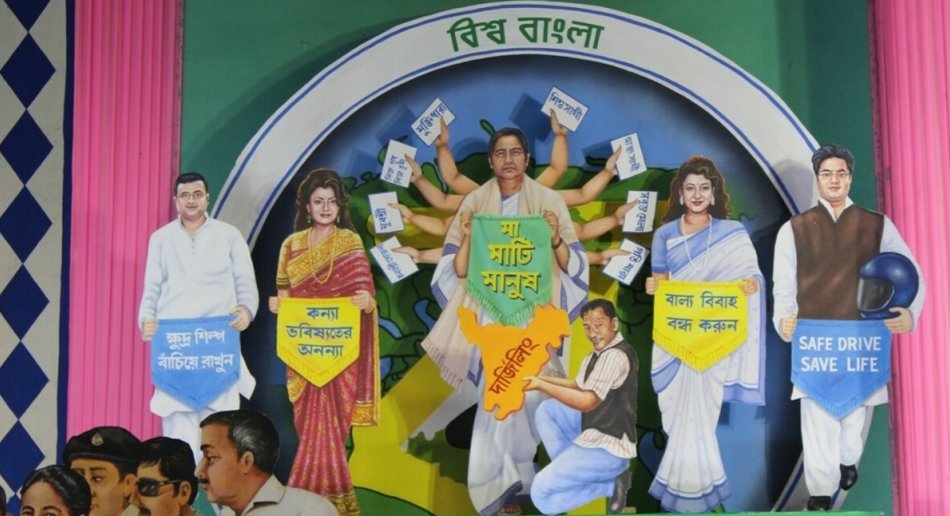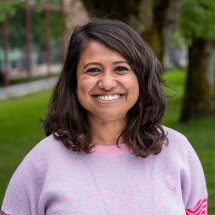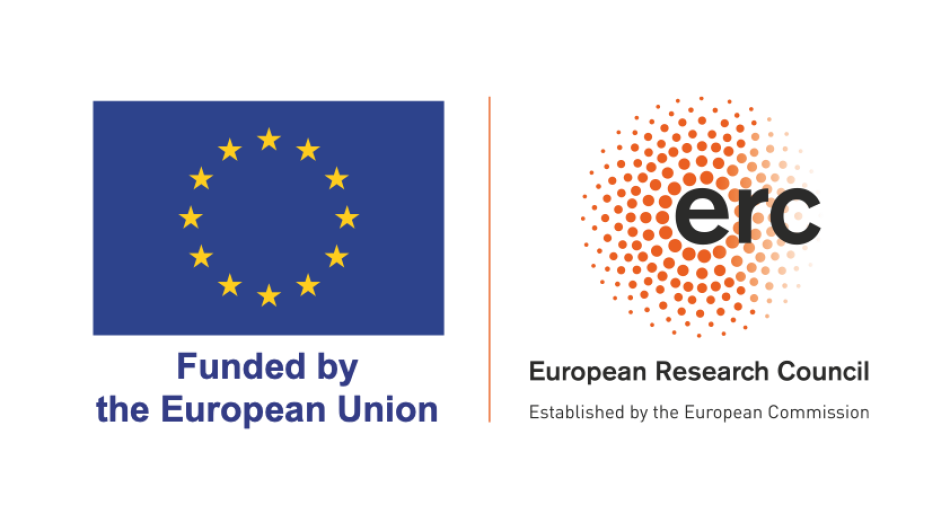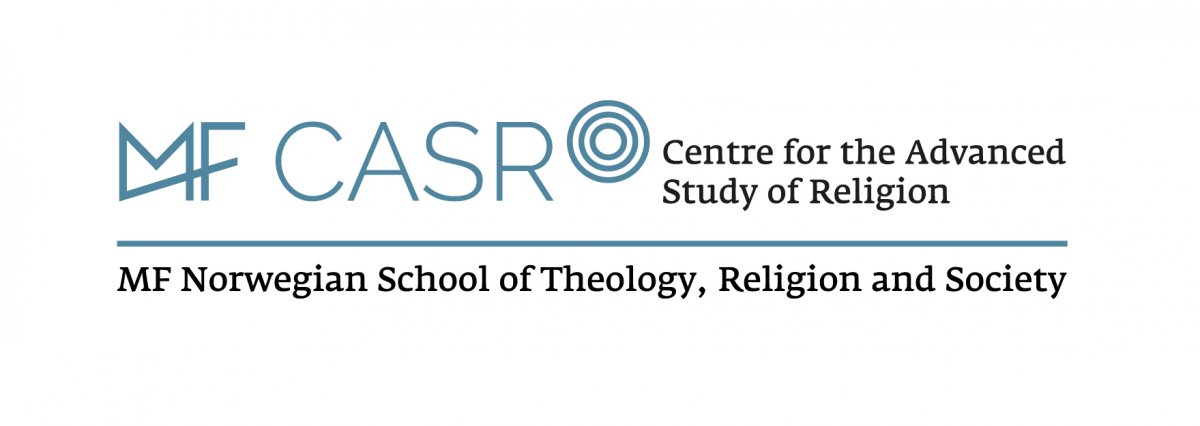
Political Deification: Theorising from Asia
Political deification—i.e. the transformation to and treatment of political leaders as divine beings—occurs in various religious and national contexts in Asia which have been studied only as discrete political phenomena. POLDEI will build a transdisciplinary theory of political deification by using case studies from East, South-East, and South Asian countries to analyse popular cultural concepts that address the deification of political leaders.
The research project is funded by the European Union (ERC Starting Grant), and is led by Moumita Sen. The project period is 2023-2028.
Goals
The objective of POLDEI is to produce an overarching theory of political deification by analysing regional emic concepts that describe these religio-political phenomena.
Participants
- Dr. Moumita Sen, Project Leader, MF Norwegian School of Theology, Religion, and Society
- Saimum Parvez, Senior Reascher, MF Norwegian School of Theology, Religion, and Society
- Arden Chao, Postdoctoral Fellow, MF Norwegian School of Theology, Religion, and Society
- Florence Durney, Postdoctoral Fellow, MF Norwegian School of Theology, Religion, and Society
- Munkhnaran Bayarlkhagva, PhD, MF Norwegian School of Theology, Religion, and Society
- Anni Karin Rambek, Administrative Officer, MF Norwegian School of Theology, Religion, and Society
Sub Projects
Saimum Parvez
The Making of a National Deity:
Mujib in Everyday lives of Bangladeshis: Understanding embodied martyrdom, covert political deification, and Islam in Bangladesh.
Arden Chao
From Mandate of Heaven to Historical Destiny:
The Imperial Imprint on Modern Chinese Political Ideology and State Integration.
Florence Durney
Filling The Chair:
Authority, Cosmology and Governance in Nusa Tenggara Timor.
Munkhnaran Bayarlkhagva
Chinggisid-Buddhist Deification in Mongolia:
State and Reincarnation.
External Advisors and Collaborators
Disclaimer: “Funded by the European Union (ERC, POLDEI, 101077605). Views and opinions expressed are however those of the author(s) only and do not necessarily reflect those of the European Union or the European Research Council Executive Agency. Neither the European Union nor the granting authority can be held responsible for them.”




